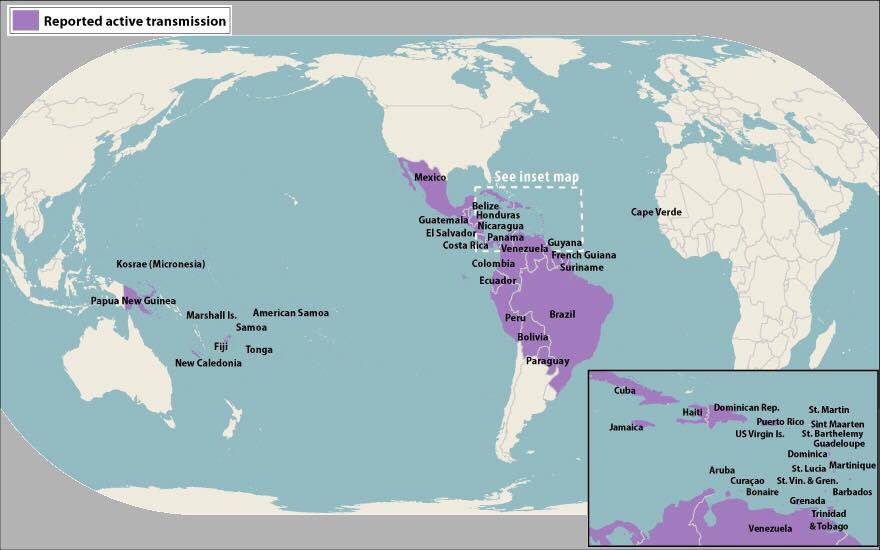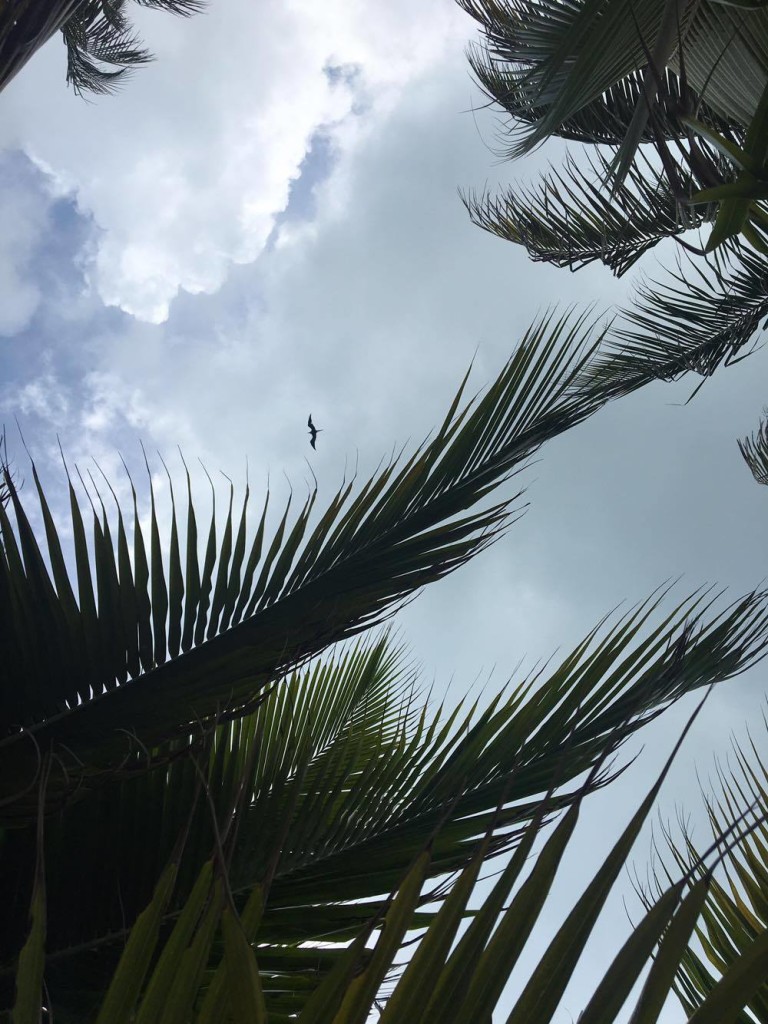Scary viruses may not be the most sexy topic to discuss, but they are a reality we as travelers must face. Having recently returned from Belize in Central America, one of the hotbeds of the Zika virus, it was something I was forced to confront. Leading up to my trip, I did a bit of research so that I felt prepared and able to protect myself as much as possible. Below are some key facts that every traveler should know about the Zika virus.
WHAT IS ZIKA
The Zika virus was first discovered in Uganda in 1947. The virus is primarily carried and transmitted by mosquitos, but it can also be transferred through blood transfusions as well as from males to females through intercourse and from a mother to her fetus. Zika can result in devastating birth defects, making this virus particularly dangerous for women who are pregnant or planning to become pregnant.
AREAS AFFECTED
Active Zika transmission is currently being reported in several countries throughout Central and South America, the Caribbean and various Pacific Islands. If you are planning to travel to any of these regions, it is good practice to check the country’s government website for up to date advisories. The full list of areas affected can be found here.
WHO IS AT RISK
Anyone traveling to areas of transmission is at risk of infection. However, the impact on women is particularly significant. More specifically, women who are pregnant or planning to become pregnant, as the virus has been known to cause microcephaly in newborns.
As of now, evidence shows that women who become infected with Zika who are not planning to become pregnant in the near future pose little to no threat to future pregnancies once the infection has cleared from her system.
PREVENTION
When traveling to regions of transmission, it’s important to take preventative measures to avoid mosquito bites and limit exposure by implementing the following:
Use insect repellant containing at least 20% deet. Keep in mind if you are planning to use sunscreen, apply it first and allow to dry before applying insect repellent.
Cover exposed areas with pants and long sleeves when possible. Wearing clothes that are pre-treated with permethrin is good practice as well.
Turn on the air conditioner to keep things cool and limit the likelihood of bugs indoors.
Use insect nets around bedding when possible.
Avoid areas where mosquitos thrive such as standing pools of water.
Avoid traveling to affected regions. This particularly applies to women who are pregnant or planning to become pregnant.
Practice safe sex. Persons who have visited areas of transmission or have been infected with the virus should practice safe sex if they or their partner are pregnant or plan to become pregnant.
Consider delaying pregnancy. The World Health Organization advises waiting at least 8 weeks to conceive after traveling to areas of transmission even if no symptoms are detected.
SYMPTONS
In some cases, symptoms of the virus are so mild that people may not even realize they have been infected. Symptoms typically appear within one week after exposure. Symptoms associated with Zika tend to last no longer than 3-7 days. Rash, fever, eye redness, headaches as well as joint and muscle pain are most commonly reported.
TREATMENT
There is no vaccine or cure for the Zika virus. If infected, the symptoms experienced can be treated much like the common cold or flu by hydrating, taking fever reducing medicine and getting plenty of rest.
THE GOOD NEWS
If infected with Zika, the symptoms experienced are relatively mild and the virus rarely ever results in death. It is also easily preventable by avoiding infected areas, guarding against mosquito bites through use of insect sprays & nets and having protected sex if pregnant or planning to become pregnant.
The prospect of a rare and harmful virus is scary, especially when healthcare professionals still do not have all the answers. But arming yourself with as much information as possible and taking a few easy precautions is the best way to guard against infection, maintain peace of mind and still travel to beautiful parts of the world that happen to be affected.
More information regarding the Zika virus can be found on both the CDC’s and World Health Organization’s website.
What questions or concerns do you have about Zika? What are your thoughts on traveling to areas that are affected? Share your comments below!
*Disclaimer: The preceding information does not constitute medical advice. Anyone with questions regarding their health should consult a physician.







No Comments